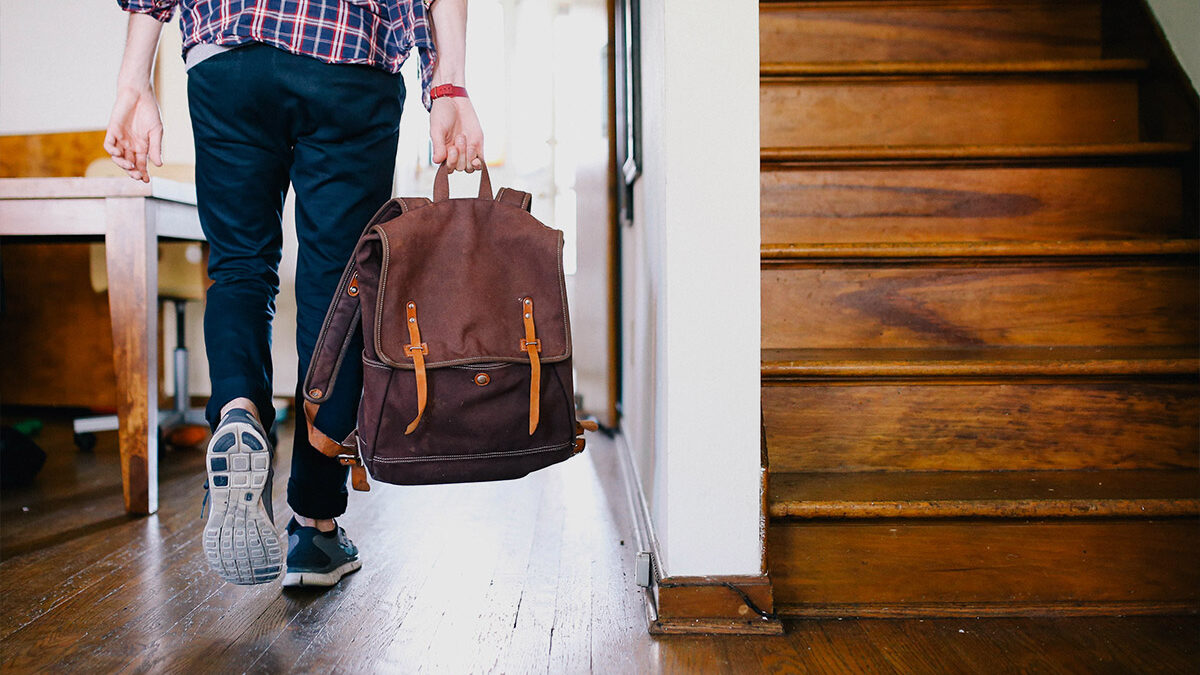
Let’s talk about domestic violence in South Asian culture
May 5, 2021Εμανουέλ Μακρόν 2024
April 24, 2023An insight into what it means to be kind, and how you can use it to improve other people’s and your own happiness and well-being.
There is a plethora of research surrounding kindness, I would like to touch upon the field of positive psychology, which is defined as ‘the scientific study of what makes life most worth living’ (Peterson, 2008). Positive psychologist researchers analyse how positive emotions like gratitude, love, and joy impact our wellbeing and improve our lives.
Below are a few key findings I would like to share:
- There’s a positive relationship between the number of kind acts and the level of happiness someone experiences (Rowland and Curry, 2018).
- Kindness is long-lasting when you offer 3 big and 5 small acts of kindness to people a day, as oppose to a single act a day.
- Kindness reduces anxiety: participants with social anxiety who engaged in acts of kindness over a period of 4 weeks displayed a decrease in social avoidance goals. The authors concluded: ‘Engaging in acts of kindness is an effective way to reduce state-level social anxiety.’
- In a study, participants were asked to carry out acts of kindness for 10 days, and an increase in life satisfaction was observed (Buchanan and Bardi, 2010).
- In the famous novel The Stress of Life, Hans Selye states that the negative impact of everyday stressors can be lessened by doing good for others. He highlights that in doing so our physiological responses to stress change (positively).
- In a 2008 study led by Elizabeth Dunn, participants were asked to spend money on a gift for someone else or to donate to charity. Findings show that those who spent the money on others (regardless of the amount) reported greater post-spending happiness than did those who spent on themselves.
Random acts of kindness are simple, free and inexpensive acts that anyone can do. It feels like the world is challenging at the moment, but one thing that prevails at a time like this is kindness.
Below I will share different kind acts that you can carry out during lockdown:
- Writing a gratitude letter.
This exercise involves writing a letter to a person whom you are grateful for and expressing your gratitude. During lockdown, a phone call, video chat, or simply emailing the letter can work as well. This exercise provides a significant boost to both gratitude and wellbeing for both you and the receiver.
- Checking in with others.
I prefer to do this via a phone call or sending a text asking how the person is and telling them that you’re thinking of them. I believe it’s really important to make your loved ones aware that you’re there for them.
- Offer support to vulnerable neighbours.
This may include offering to pick up groceries or providing emotional support.
- Volunteering and/or donating to charities.
Remember, kindness starts with yourself. You can’t pour from an empty cup. Here are a few ideas:
- Positive affirmations.
These are positive phrases that you say to yourself repeatedly and frequently to block negative thoughts and overtime your subconscious mind will believe them. These are found to have long-lasting effects on your thinking pattern. Examples include: “I am confident in myself”, “I am brave and beautiful”, and “today is a great day”.
- Going for a walk.
Getting some fresh air everyday will give you a change of scenery and prevent you from having a sedentary lifestyle. Personally, I find going on a ‘mindful’ walk relaxing and calming when I feel negative emotions. This involves incorporating all your senses and being aware of your surroundings with each step you take. For instance, noticing any scents, the sounds around you, or how it feels to take every step.
- Taking care of your skin, hair and body.
These, I believe, are important for self-care. Create a wind-down ritual and practice solitude. For instance, eating healthy, staying hydrated, doing a face mask, or having a bubble bath.
- Meditation
Managing stress is important for overall health and well-being. One way to do this is by practicing meditation; it has many benefits such as relaxation and managing negative thinking/emotions. There is supporting evidence highlighting a reduction in depression and anxiety symptoms in individuals who participated in consistent mindful meditation sessions.
- Hobbies
It’s important to prioritise “me” time. I like to put my phone aside and read a book or paint. Other ideas include baking, gardening, knitting, and playing an instrument – whatever you enjoy doing. Set out time for yourself to do what you enjoy to recharge. Remember, you can’t pour from an empty cup, take care of yourself first.
Overall, kindness, to yourself and others, has many benefits for mental health and well-being. Kindness has an important role to play in society. Let’s take care of each-other in our communities to protect and sustain good mental health for us all.
“In a world where you can be anything, be KIND!”
— Raj ♡


